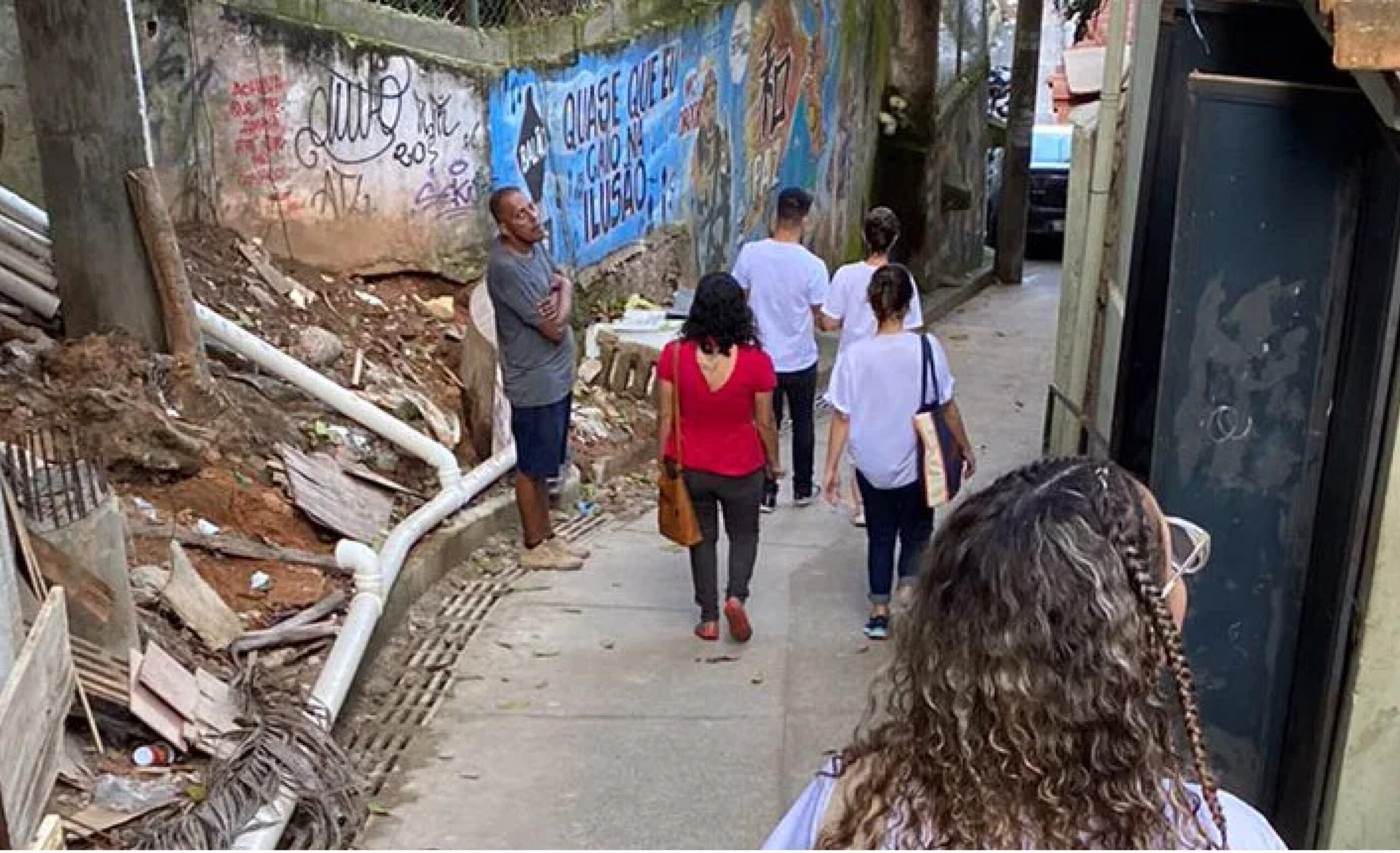Brazil’s Affirmative Action Law Marks Path for New Quotas
Brazil’s Affirmative Action Law Marks Path for New Quotas
While a new racial education quota went into effect on October 15, the government plans to propose new quotas for public service employees and federal scholarships.
On October 15, Brazil’s racial education quota law went into effect, requiring federal universities to set aside at least 12.5 percent of openings for public high school graduates, as well as black, mixed race, and indigenous students. By 2016, public universities must expand the percentage of reserved spots to 50 percent. The law came on the heels of a major landmark: on October 10, Brazil’s Supreme Federal Tribunal elected its first-ever black president, Justice Joaquim Barbosa, who assumes leadership of the country’s highest court next month. With the law now in effect, Brazil’s government plans to expand racial quota programs; new plans include instituting racial quotas in public service and government-funded study abroad programs. Despite the law’s passage and a Supreme Court decision affirming the constitutionality of quotas, affirmative action remains controversial in Brazil.
Passed in late August, the university quota law is years in the making. In 2010, Brazil’s black population reached 97 million, becoming the majority and surpassing the country’s white population of 91 million. However, black high school students often attend schools that lack the structure or quality of their white peers, as an Americas Quarterly report found—even those who attend private schools. This puts students at a disadvantage when they take university entrance exams, since they tend to get lower scores. As a result of these inequities, public universities began introducing racial quotas in 2004, with the University of Brasilia the first to reserve spots for black students. In April, Brazil’s Supreme Court ruled that racial quotas are constitutional. However, 27 of Brazil’s 59 federal universities currently lack any form of quota system. Only 25 federal universities have quotas for black and indigenous students. Discussing the new law on Monday, President Dilma Rousseff said: “This law contributes to repaying Brazil’s historic debt to our poorest youth.”
The law counts among one of several government initiatives to expand opportunities for black citizens. On Monday, Folha de São Paulo reported that the Brazilian government plans to announce a plan in November to create racial quotas for public service. The plan would set aside 30 percent of federal public service jobs for black employees, as well as offering financial incentives for private sector companies to hire black applicants. In addition, the measure would punish companies that discriminate based on race, such as banning them from government auctions. Plans for similar inclusion measures run the gamut from incentives for black cultural production to racial quotas for Science without Borders—a federal scholarship program to send university students abroad.
However, racial quotas have inspired controversy in Brazil. Opponents argue that public universities should continue to be merit based, since students gain entry through competitive admissions exams. Those opposed to quotas also say that affirmative action won’t solve the problem and will simply allow under-qualified students admission to top universities while qualified students are denied entry. “The urgent problem for Brazilian universities is to improve the level [of education], and not solve racial discrimination problems nor correct ‘historic responsibilities’ that can only be resolved through economic progress and basic education,” wrote José Goldemberg, a former education minister. Finally, opponents claim that poor students are disadvantaged regardless of race. “These problems reach not only black and mixed-race youth, but also white students who, due to their socioeconomic level, are equally excluded from the opportunity to study at private primary schools that offer a better education,” a Gazeta do Povo editorial explained. Rousseff noted on Monday that other university programs help students gain access to a college education, including the University for All program, which provides partial and full scholarships to low-income students, as well as a financing program to help students pay for private universities.
In other Brazil news:
- Brazilian trade with the United States rose this year, as Brazilian exports increased by over 10 percent from January through September. Imports from the United States fell, causing Brazil’s trade deficit to decrease to $3.2 billion—halving since last year.
- In one of the largest International Monetary Fund (IMF) board reshuffles in 20 years, Colombia plans to leave a nine-country IMF group led by Brazil to join another group led by Mexico. “Without Colombia, Brazilians are freer to act as they will, but losing a Spanish-speaking country doesn’t help its legitimacy as a regional power,” IMF specialist Bessma Momani told Businessweek.
- Argentine officials met counterparts in Brasilia last week to continue negotiations for an auto trade agreement from 2013-2019. One of the topics under discussion was for Brazil to consider Argentine auto parts as domestic, allowing Argentine producers fiscal benefits under Brazilian government programs.







